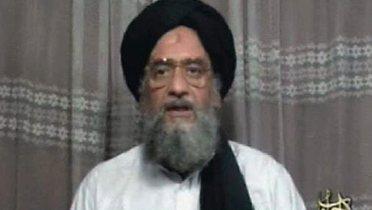 Since mid-2014, the world’s attention has been transfixed on the aesthetically shocking actions of ISIS and the threat it poses to regional and international security. However, it is arguably Jabhat al-Nusra in Syria—and perhaps the al-Qaida movement more broadly—that looks more likely to survive over the long term and to threaten local, regional and international security interests. Since its emergence in Syria in late 2011, Jabhat al-Nusra has transformed itself from an unpopular outsider accused of Islamic State in Iraq (ISI)-like brutality towards one of the most powerful armed actors in the Syrian crisis. Moreover, its break away from the ISI in April 2013 set it further down a path of deep integration into the broader Syrian armed opposition in its fight against Bashar Assad’s regime.
Since mid-2014, the world’s attention has been transfixed on the aesthetically shocking actions of ISIS and the threat it poses to regional and international security. However, it is arguably Jabhat al-Nusra in Syria—and perhaps the al-Qaida movement more broadly—that looks more likely to survive over the long term and to threaten local, regional and international security interests. Since its emergence in Syria in late 2011, Jabhat al-Nusra has transformed itself from an unpopular outsider accused of Islamic State in Iraq (ISI)-like brutality towards one of the most powerful armed actors in the Syrian crisis. Moreover, its break away from the ISI in April 2013 set it further down a path of deep integration into the broader Syrian armed opposition in its fight against Bashar Assad’s regime.
Nearly five years after its formation, Jabhat al-Nusra has demonstrated the potential value of its “long game” approach. By adopting a strategy of gradualism, it has socialized populations into first accepting, and then supporting and defending, this al-Qaida-like movement. Jabhat al-Nusra aims to epitomize the realization of al-Qaida’s evolved thinking. It seeks to build localized bases of influence by embedding itself in within popular revolutionary dynamics and, eventually, establish zones of territorial control from which it can launch attacks against the Western world. By establishing a durable presence in Syria and potentially considering separating itself from al-Qaida internationally, Jabhat al-Nusra seeks to realize its long-term vision of establishing Islamic Emirates inside Syria, as components of a future Caliphate.
Jabhat al-Nusra has successfully prepared its surroundings in such a way as to give it an improved chance of surviving in the long-term, despite international counterterrorism efforts. The international community must work to de-escalate the situation in Syria and more forcefully push for a diplomatic settlement so as to prevent the establishment of a longstanding jihadi safe haven. Policy decisions, including expanding support to Syria’s mainstream opposition, encouraging opposition-Kurdish dialogue, and interrupting al-Qaida’s finances, can diminish Jabhat al-Nusra’s chances of survival.






